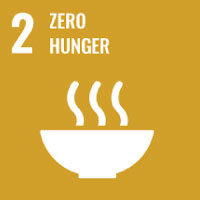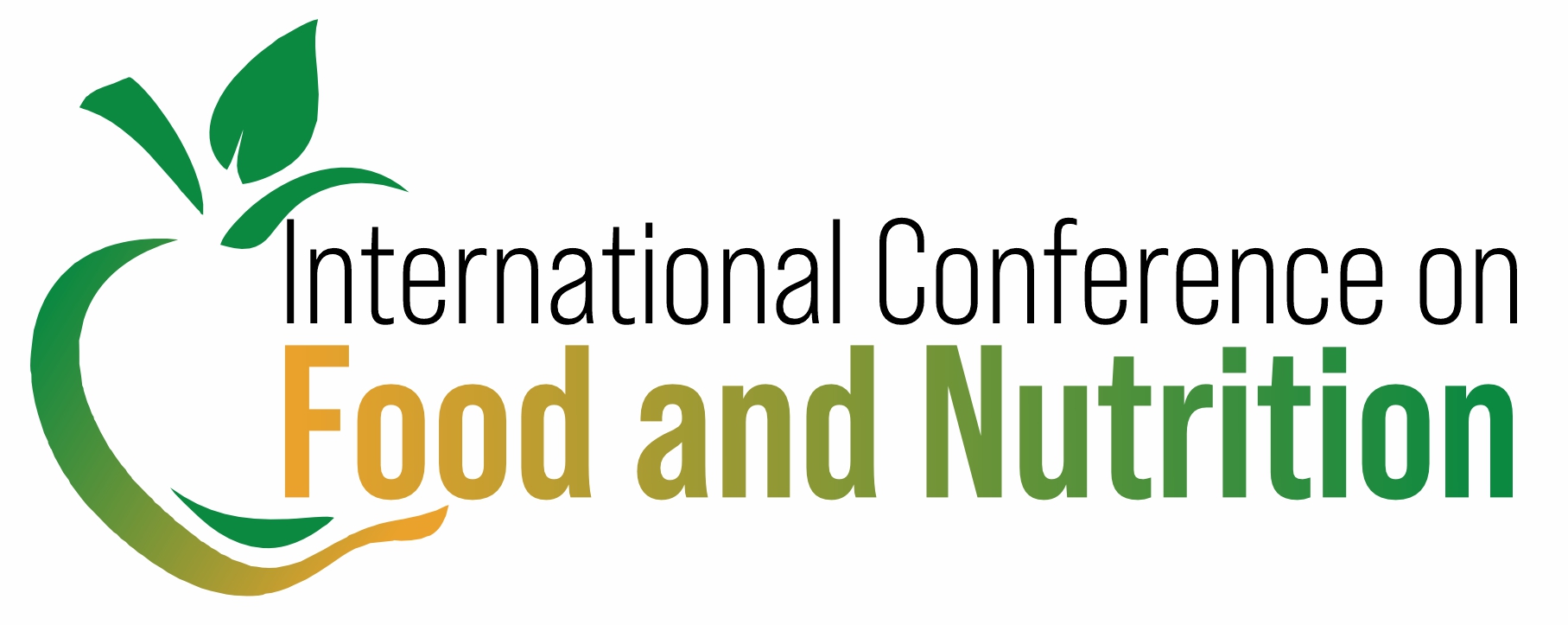- Phone
+1 (815) 859-9409
- Mail to
[email protected]
Nutritional Diversity & Cultural Influences
Session Overview

Goal 2: Zero Hunger
End hunger and achieve food security by improving agricultural productivity and ensuring equal access to nutritious food for all. Promote sustainable agriculture to tackle global hunger challenges.

Goal 3: Good Health and Well-being
Ensure healthy lives and promote well-being for all at all ages through accessible healthcare and preventive measures. Improve health systems and access to quality services to enhance overall well-being.
Who Can Join
Tracks
Topics of Interest for Submission include, but are not limited to:
1 Functional foods
2 Traditional superfoods from around the world
3 Nutrient bioavailability and food combinations
4 Plant-based vs animal-based diets
5 Importance of a balanced diet
6 Impact of processed foods on nutrition
7 Traditional cooking techniques
8 Culinary heritage preservation
9 Fusion cuisine and its evolution
10 Street food culture and its significance
11 Historical influences on modern cuisine
12 Indigenous food systems and practices
13 Nutraceuticals & dietary supplements
Key Themes:
- Exploring cutting-edge technologies that revolutionize culinary practices, enhance food production efficiency, and offer innovative gastronomic experiences.
- Addressing strategies to tackle hunger, food scarcity, and equitable food distribution in the context of growing global populations and resource constraints.
- Highlighting advancements in food safety protocols, contamination prevention, and hygiene practices to ensure healthier consumption.
- Investigating the integration of traditional diets and medicinal foods into modern nutritional science for enhanced well-being.
- Emphasizing the role of diverse dietary habits and cultural influences in shaping sustainable and inclusive nutrition systems.
- Advocating for sustainable farming techniques, eco-friendly food production systems, and technological interventions in agriculture.
- Exploring adaptive strategies for food systems to withstand and mitigate the impacts of climate change.
- Discussing the potential of plant-based, lab-grown, and other alternative proteins as sustainable solutions for future food needs.
- Promoting awareness, policy-making, and advocacy efforts for better public nutrition and health outcomes globally.







